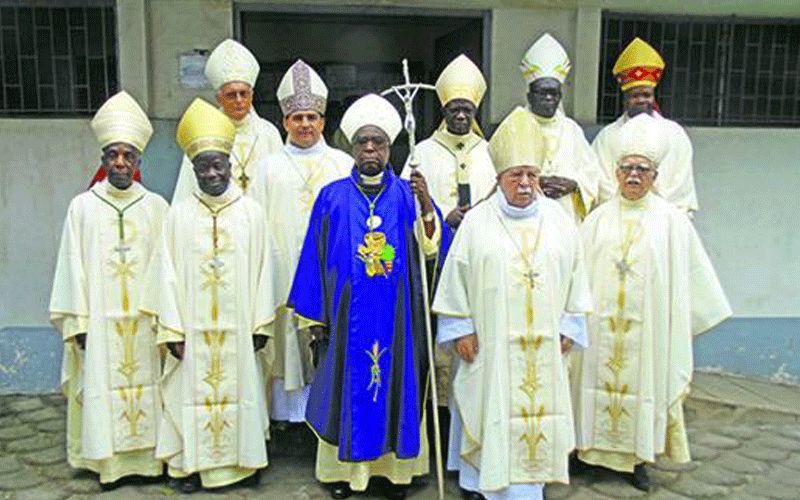Brazzaville, 26 October, 2019 / 4:17 am (ACI Africa).
Informed by fears of the possible loss of Christian identity in the Central Africa nation of Congo-Brazzaville, Catholic Bishops have recently called on the people of God in their country to maintain their identity as followers of Christ, which they have described as a vocation that requires some distinction.
“We would like to remind you that by his particular vocation, a Christian is called to distinguish himself by his behavior: at work, at the office, with the family, in the street, in the neighborhood, everywhere,” reads part of a communique issued at the end of the 48th Plenary Assembly of the Congo Episcopal Conference (CEC).
“At the beginning of Christianity and throughout the history of the Church, it was the testimony of life that gave strength and confidence to the gospel message that Christians spread,” the Bishops have added, reminding the Christian faithful that it is an act of betrayal to claim to be a Christian and not live a life that testifies the values of the gospel.
“Anyone who says he is a Christian and does not behave accordingly betrays his faith,” the Bishops emphasized in their statement availed to ACI Africa Friday, October 25.
Speaking to the theme that guided their Plenary Assembly, “The Christian in society, in the light of the word of God,'' the Congo Brazzaville Bishops decried the loss of morals among the members of their society.








